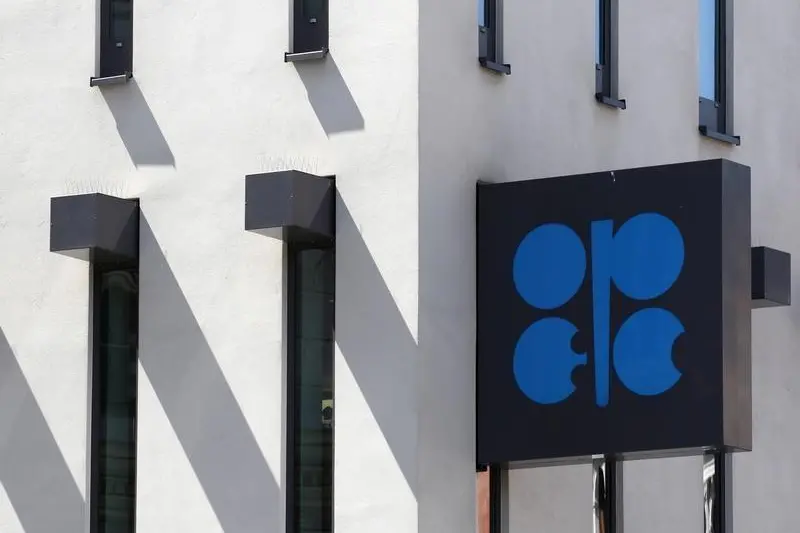PHOTO
LONDON - Investors bought petroleum futures and options at the fastest rate for more than three years after Saudi Arabia and other OPEC+ producer group members announced voluntary cuts in oil output.
Hedge funds and other money managers bought the equivalent of 128 million barrels in the six most important petroleum futures and options contracts over the seven days to April 4.
The buying came as OPEC+ announced cuts totalling more than 1 million barrels per day on April 2 and after fund managers had already purchased 61 million barrels the previous week.
Purchases centred on crude, in both Brent (+73 million barrels) and NYMEX and ICE WTI (+60 million barrels), with small sales of European gas oil (-2 million) and U.S. diesel (-3 million) and no change in U.S. gasoline.
CRUDE SQUEEZE
With its surprise announcement, OPEC+ successfully squeezed the shorts in crude petroleum, with bearish positions reduced to the lowest for 11 weeks since late January.
Since March 21, funds have purchased a total of 174 million barrels of crude, the fastest rate since December 2019 and before that September 2017.
Bearish short positions were cut by 113 million barrels while fund managers added 61 million barrels of new bullish long positions.
The net long position was boosted to 400 million barrels (28th percentile for all weeks since 2013) from 226 million (1st percentile) on March 21.
And the ratio of bullish long positions to bearish short ones surged to 5.39:1 (64th percentile) from 2.11:1 (8th percentile) two weeks earlier.
As a result, production cuts have returned hedge fund positions to where they were in late January, before turmoil in the banking sector in March sparked a wave of selling.
Hedge funds reduced their position in Henry Hub futures and options in the seven days ending on April 4 for the first time in six weeks.
Positions were trimmed by 55 billion cubic feet after being raised by 1,151 billion cubic feet over the previous five weeks.
Fund managers have generally become less bearish about gas prices as Freeport LNG's terminal has resumed exporting.
Freeport's resumption should stabilise then gradually erase some of the surplus inventories accumulated since the third quarter of 2022.
Portfolio managers still have a small overall short position of -105 billion cubic feet (28th percentile for all weeks since 2010) but it has been sharply reduced from -1,061 billion cubic feet (7th percentile) at the end of January.
John Kemp is a Reuters market analyst. The views expressed are his own
(Editing by Alexander Smith)





















